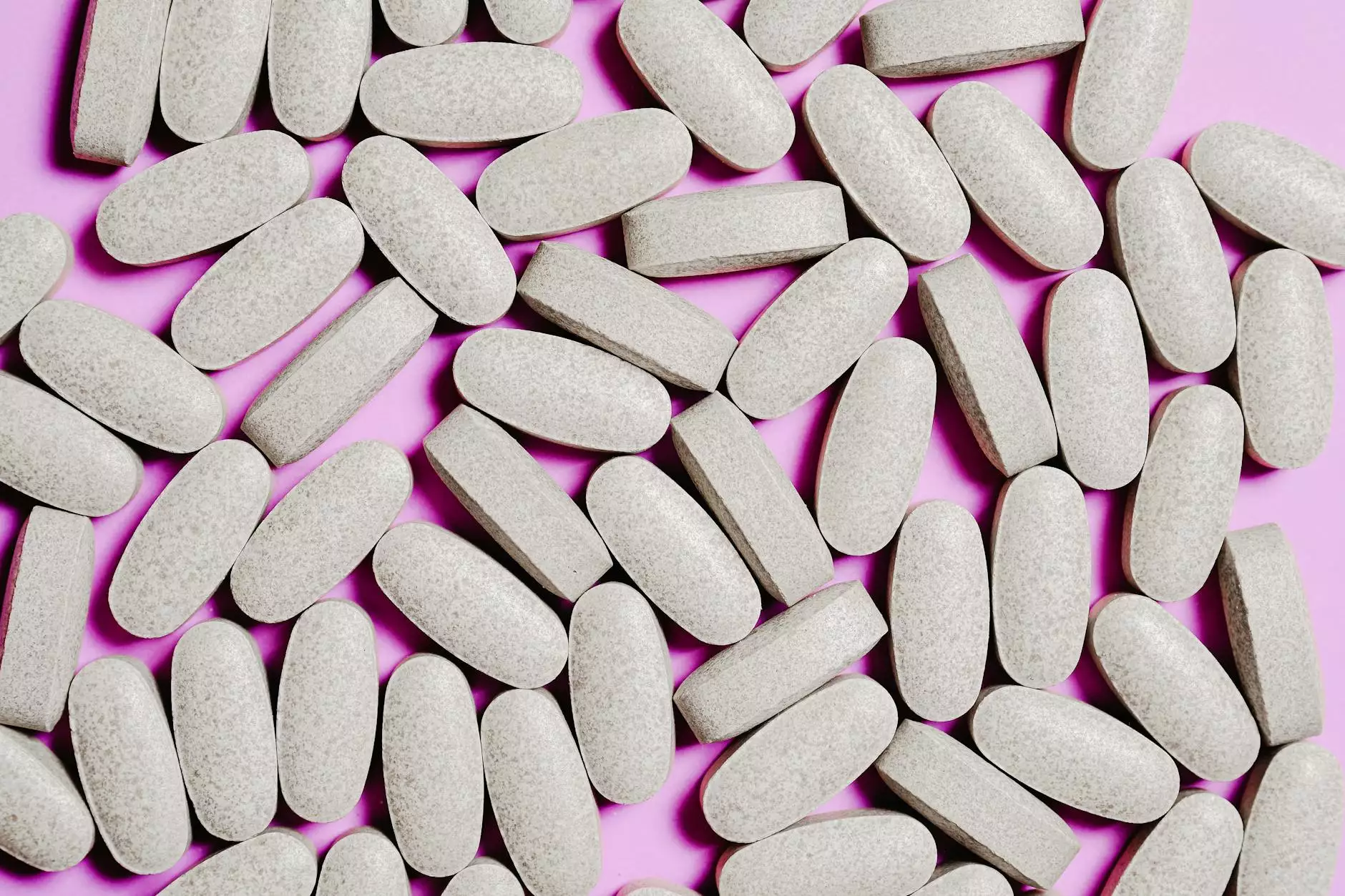The Importance of Pharmacy and Addiction Medicine in Modern Healthcare

In today's rapidly evolving medical landscape, pharmacy and addiction medicine play crucial roles in ensuring the well-being of patients. With the rise of substance use disorders and mental health challenges, understanding the intersection of these two fields becomes increasingly important. This article delves deep into the intricacies of pharmacy services focused on addiction treatment, the role of medications like Alprazolam, and the broader implications for public health.
Understanding Pharmacy in Addiction Medicine
Pharmacy is a vital component of healthcare that involves the preparation, dispensing, and appropriate use of medications. In the context of addiction medicine, pharmacy becomes a lifeline for patients seeking help. Here are the key functions of pharmacy in this field:
- Medication Management: Pharmacists manage medication regimens to ensure safety and efficacy, which is especially crucial for patients battling addiction.
- Patient Education: They provide essential information about medication uses, side effects, and the importance of adherence to prescribed therapies.
- Collaborative Care: Pharmacists often work closely with physicians and addiction specialists to create comprehensive treatment plans.
- Monitoring and Support: Continuous monitoring of a patient's response to medications helps in making necessary adjustments and providing support throughout their recovery journey.
The Role of Medications in Addiction Treatment
Pharmaceutical interventions are paramount in the treatment of addiction. Medications can help manage withdrawal symptoms, reduce cravings, and prevent relapse. Key medications used in addiction treatment include:
- Alprazolam: Commonly used for anxiety disorders, Alprazolam can assist in managing anxiety that often accompanies withdrawal from substances.
- Buprenorphine: Utilized for opioid dependency, this medication helps stabilize patients and reduce cravings.
- Naltrexone: This opioid antagonist can block the euphoric effects associated with opioid drugs, aiding in relapse prevention.
- Disulfiram: Used in alcohol dependency, this medication creates unpleasant reactions when alcohol is consumed, thereby discouraging usage.
Recognizing the Signs of Addiction
Understanding addiction is crucial for earlier intervention. Here are some common signs that indicate a potential addiction problem:
- Increasing Tolerance: Needing larger amounts of a substance to achieve the same effect.
- Withdrawal Symptoms: Experiencing physical or emotional symptoms when not using the substance.
- Neglecting Responsibilities: Failing to fulfill obligations at work, school, or home due to substance use.
- Continued Use Despite Awareness of Harm: Persisting in using the substance despite knowing it is causing health or social problems.
The Importance of Responsible Medication Use
While medications like Alprazolam can be beneficial, their misuse can lead to severe consequences. Responsible use includes:
- Following Prescribing Guidelines: Always adhere to the dosage and frequency prescribed by healthcare providers.
- Regular Consultations: Schedule regular check-ups with a pharmacist or doctor to monitor the effectiveness and side effects of medications.
- Awareness of Potential Interactions: Be informed about interactions with other medications or substances that could exacerbate addiction issues.
- Seeking Professional Help: Do not hesitate to seek help if there are signs of misuse or dependency.
The Role of Pharmacists in Addiction Recovery
Pharmacists are not just dispensers of medication; they are integral to a patient’s recovery team. Their role includes:
- Providing Counseling: Pharmacists can offer valuable insights and support for patients navigating recovery.
- Facilitating Access to Resources: They can connect patients with support groups, counseling services, and educational materials.
- Participating in Treatment Plans: Engaging in multidisciplinary teams to tailor treatment plans specific to individual needs.
Enhancing Community Awareness and Education
Public health initiatives aimed at raising awareness about addiction and responsible medication use are essential. Community education efforts can:
- Educate the Public: Inform about the signs of addiction and the importance of seeking help.
- Decrease Stigma: Help normalize the conversation around addiction and its treatment.
- Promote Healthy Habits: Encourage individuals to engage in healthy lifestyle choices to prevent substance misuse.
Conclusion: The Path Forward in Pharmacy and Addiction Medicine
The integration of pharmacy and addiction medicine is pivotal in addressing one of the most pressing health challenges of our time. With professionals dedicated to providing care, administering effective medications like Alprazolam, and educating communities, we can create a supportive framework that fosters recovery and promotes well-being. Continued research, education, and collaboration among healthcare providers will be essential in combating addiction and ensuring that medications are utilized responsibly and effectively.
In conclusion, the role of pharmacy in addiction medicine cannot be overstated. It is a critical aspect of modern healthcare that holds the promise of healing and recovery for many individuals facing the challenges of addiction.
https://alprazolam-xanax.com


